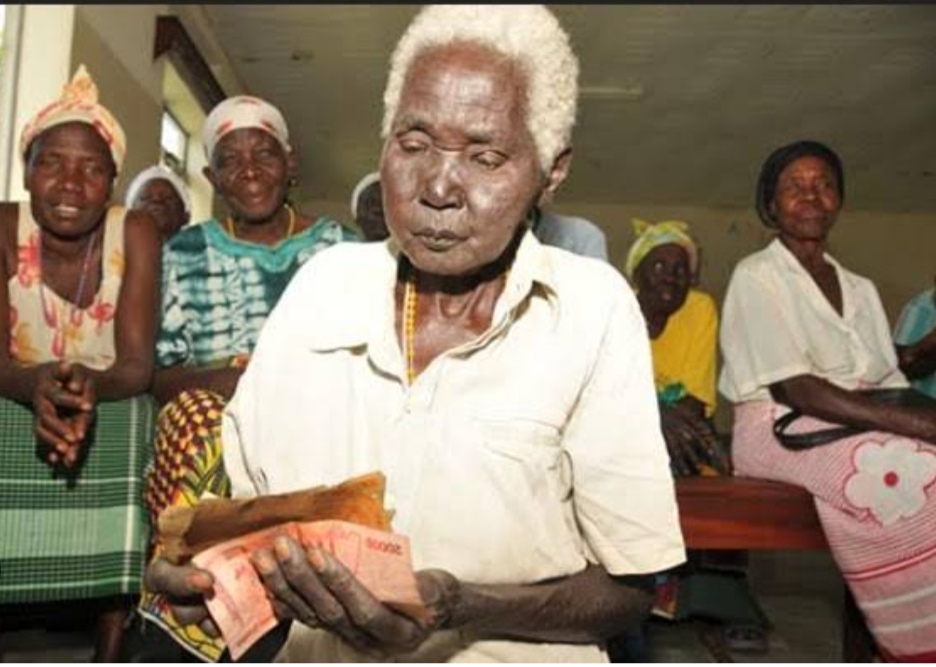In 2010, the Social Assistant Grant for Empowerment (SAGE) program took its first steps, initially covering 15 districts and expanding to 20 by 2015. However, it wasn’t until the 2019/2020 financial year that the program found its footing in Kampala district, implementing its support system for 100 older persons in each of the city’s five divisions.
As of the 2021/22 financial year, SAGE shifted its focus to the 80-plus age cluster, enrolling all individuals within this age range from the NIIRA database. These beneficiaries are now entitled to a monthly grant of UGX 25,000, facilitated by the Government through Centenary Bank.
Back in 2017, approximately 2,900 elderly persons were registered to benefit from the SAGE program in Kampala City, marking the third year of support since its inception. Hanifa Kakoma Nantege, Chairperson of Nakawa Division Older Person’s Council, expressed gratitude for the government’s fulfillment of its obligation to the elders, emphasizing the program’s positive impact on their lives.
Nantege highlighted the transformative effect of the grant, stating, “The program is making a difference. At first, when they were not getting this money, the elderly were badly off. But now this money helps them get essential commodities like soap, food, and pay rent.”
While each beneficiary is entitled to UGX 25,000 monthly, a lump sum of UGX 150,000 is provided to cover the previous six months. Nantege called upon the government to consider a special grant for those aged 60 to 80, expressing that the existing 10% under PDM is insufficient and should be increased.
Despite Uganda’s elderly population projected to double by 2040, with 85% residing in rural areas without social security and identity, the Senior Citizens Grant has garnered praise for addressing basic needs, medical care, and supporting grandchildren’s education. However, the strain imposed on grandparents caring for 50% of orphaned grandchildren may hinder the majority of elders from escaping poverty.
Minister of State for Elderly Affairs, Dominic Mafabi Gidudu, affirmed the program’s positive impact, noting that it has contributed to the social and economic well-being of older persons. Mafabi emphasized the program’s success in helping seniors retain and build productive assets, reducing vulnerability, and alleviating poverty.
Despite its successes, some lawmakers and local leaders advocate for a reduction in the age of SAGE beneficiaries from 80 to 70. Notably, in August 2023, the Committee on Equal Opportunities proposed affirmative action for women by lowering the age of beneficiaries to 65, citing the faster aging of women due to hard work and the effects of childbearing.
Committee Chairperson Hon. Judith Alyek recommended an annual increment of at least 10% to the monthly payment of UGX 25,000, considering the inflation rate. Alyek stressed that even small, regular payments can make a significant difference in the lives of the poor and vulnerable.
While acknowledging some gaps, the SAGE program stands out as a government initiative that has notably benefited older individuals, paving the way for potential improvements in the future.




